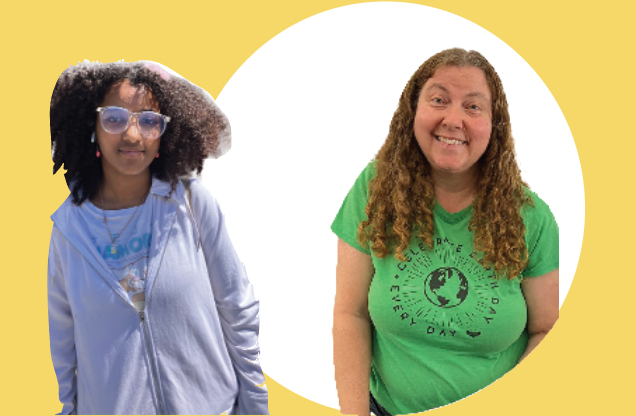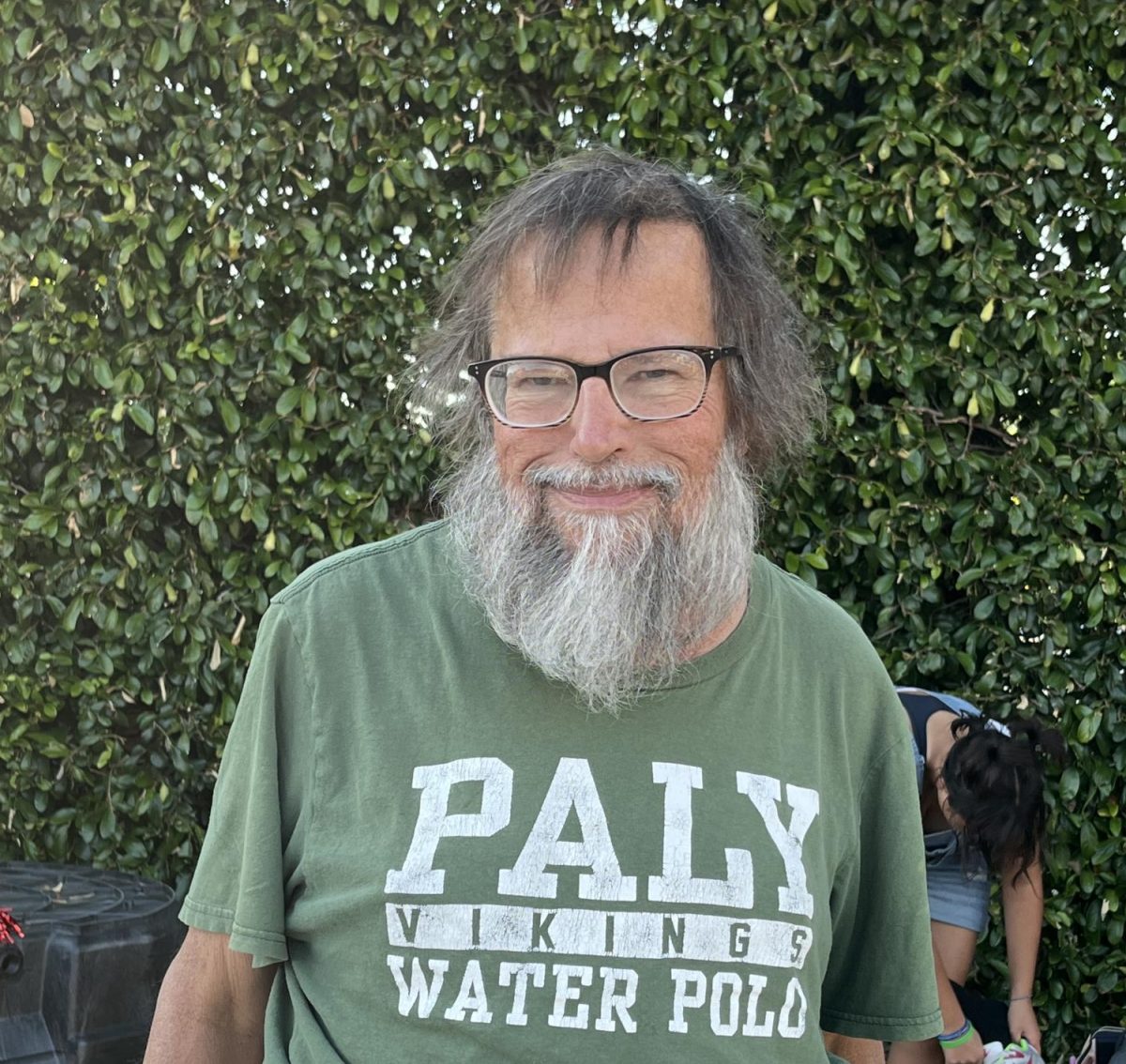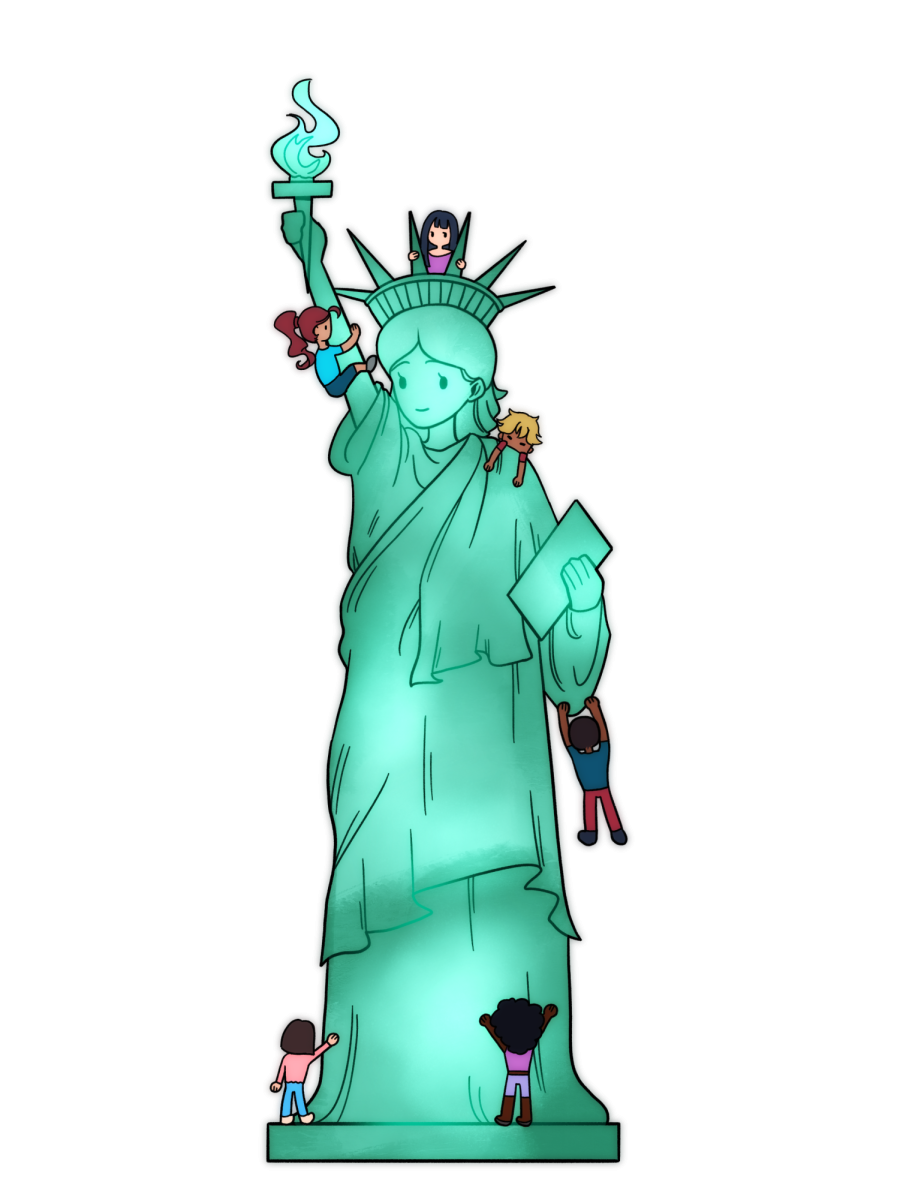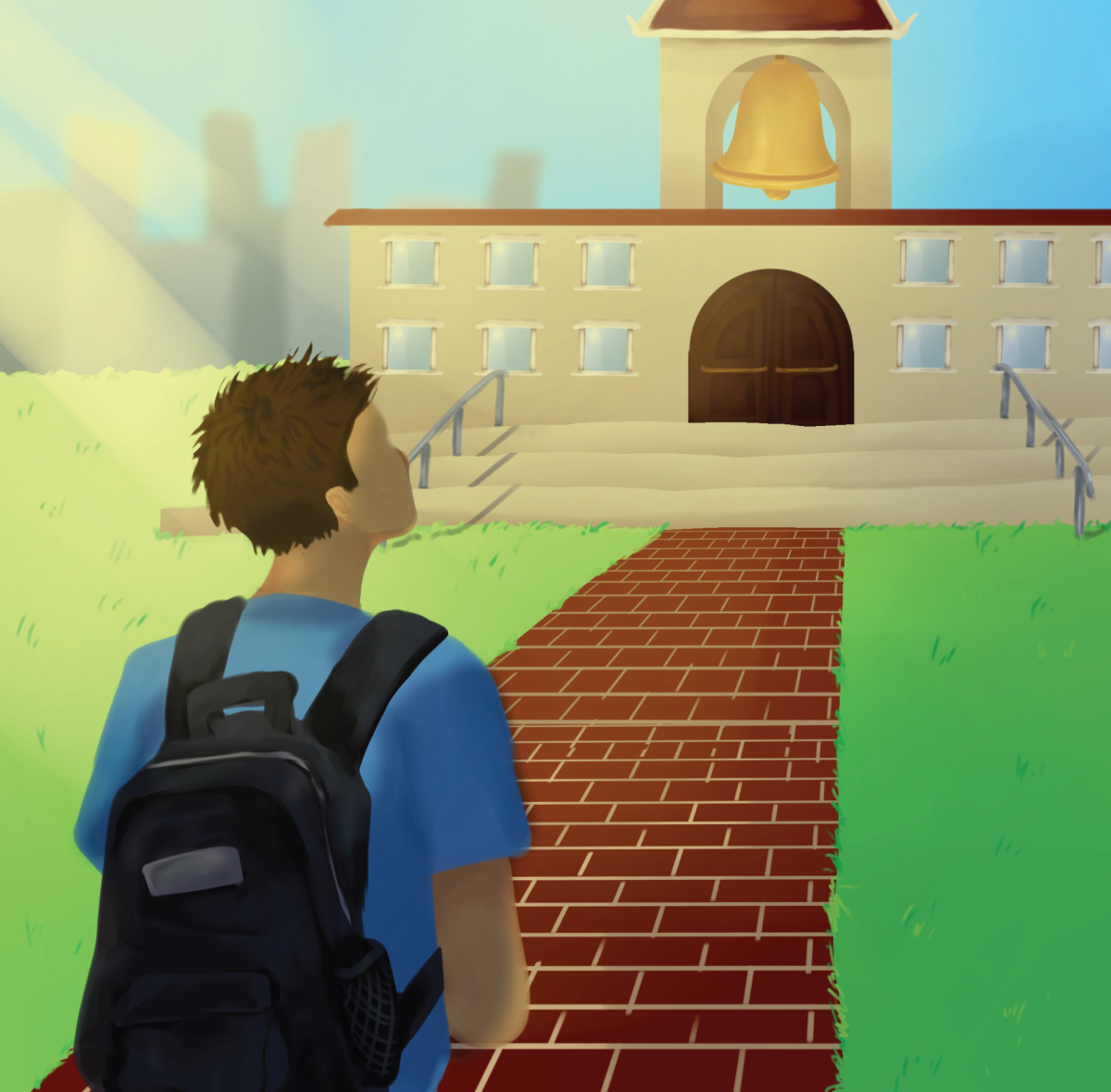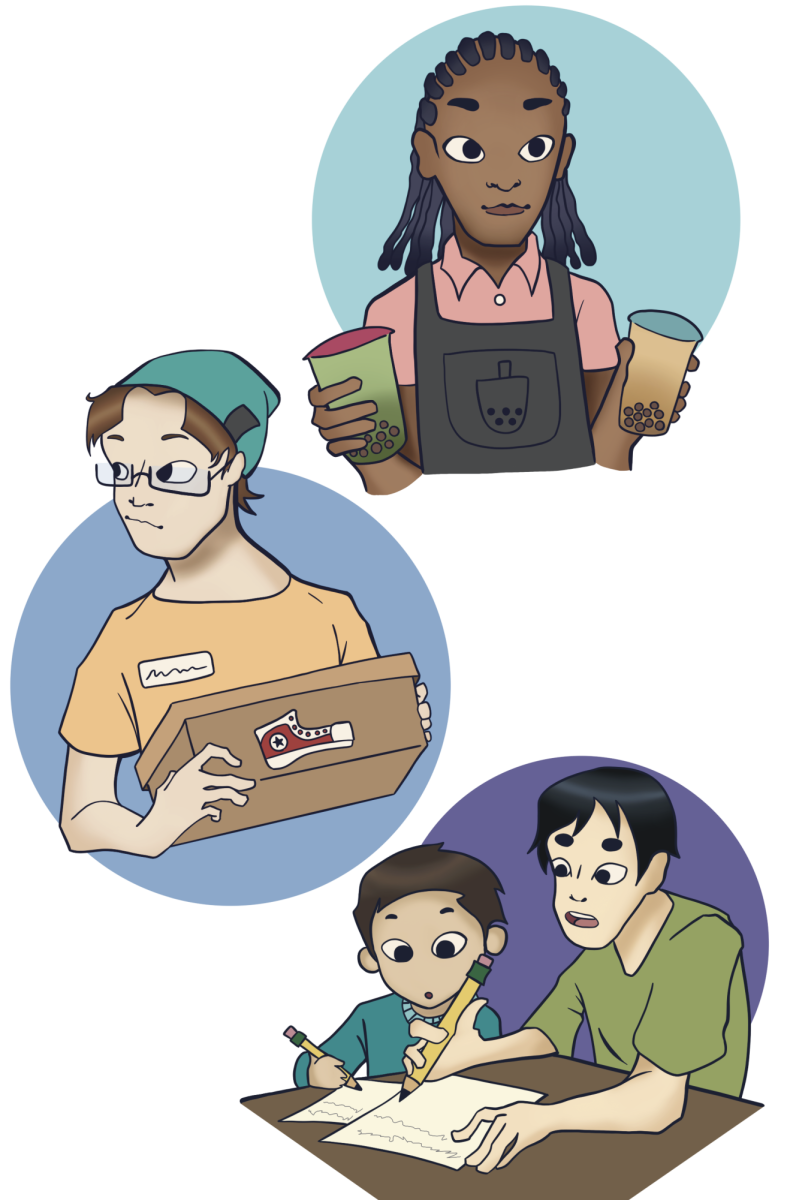What are night classes? Are they similar to supplementary classes that provide extra help and guidance to students struggling in the fast-paced day classes at Paly? Or are they created to help assimilate teachers-in-training into a real high school setting? These misconceptions and questions are perhaps associated with night classes because the darkly lit campus, abandoned by teenagers until the next sunrise, creates a slightly mysterious mood. These night classes taught at Paly are not for teenagers or training teachers, but for adults over the age of 18 to pursue their hobbies or hone their skills through classes such as Creative Arts, Birding, Computer tech and Language.
The Palo Alto Adult School embodies three goals for its students, according to Principal Kara Rosenberg. The three goals are for students to set goals for themselves, to make progress towards those goals and to be able to demonstrate what they have learned.
“[Students] have to be able to determine their own goals and make progress toward them,” Rosenberg said. “We want them to learn something and then use it.”
Rosenberg stresses the range of the adult school’s intensive English Enrichment classes. According to the adult school’s website, the English as a Second Language Program focuses on improving students’ English language skills to help them prepare for both personal and professional goals. Students take the Comprehensive Adult Student Assessment System (CASAS) before they enter the English as a Second Language Program, and take reading tests three times during the year to assess their progress, according to Rosenberg. Final exams in some classes are required to enforce the level of rigor and to assess the students’ progresses.
The most appealing characteristic of the adult school is that it offers a wide range of classes that are not available during the daytime at Paly. These classes offer a whole new dimension of classes that stimulate creativity and refine the skills needed in some areas of profession.
According to Rosenberg, the adult school is accredited by the Western Association of Schools and Colleges, which is the same organization that accredits high schools.
According to Rosenberg, she and the adult school teachers, who have different credentials and standards than the daytime teachers at Paly, meet a couple of times every year to ensure that the teaching methods stay true to the adult school’s goals in allowing the students to learn in an environment that offers them the opportunity to achieve their future goals.
Although classes such as art and cooking are more recreational, Rosenberg stresses that students should still be able to learn a lot about the area that they chose to take classes in.
“In all of our classes, we want students to set goals and make progress,” Rosenberg said. “[Classes such as art and cooking] are a little more hobbiest and recreational, but we still expect them to learn something. It’s not just fun.”
With 20 culinary classes listed on the adult school’s website, the adult school offers classes that specialize in ethnic foods from the Pacific Rim to street foods from Mexico.
The culinary classes also focus on helping adult students to learn how to cook dishes like flourless chocolate cake, gnocchi and sushi. The adult school also offers classes to refine watercolor, acrylic and oil painting skills, and crafty activities like knitting and creating bath products.
For the not-so-artistic adult, the Palo Alto Adult School has classes in business and finance, computer skills, English enrichment and career training, such as training to be medical and veterinary assistants. Zumba, tai-chi and specialty classes for senior citizens over the age of 55 or adults with disabilities are also offered.
The winter quarter is almost ending, but registration for the spring quarter begins soon.
According to the adult school’s website, registration begins Feb. 22, and the spring quarter begins March 18 and ends May 24.

